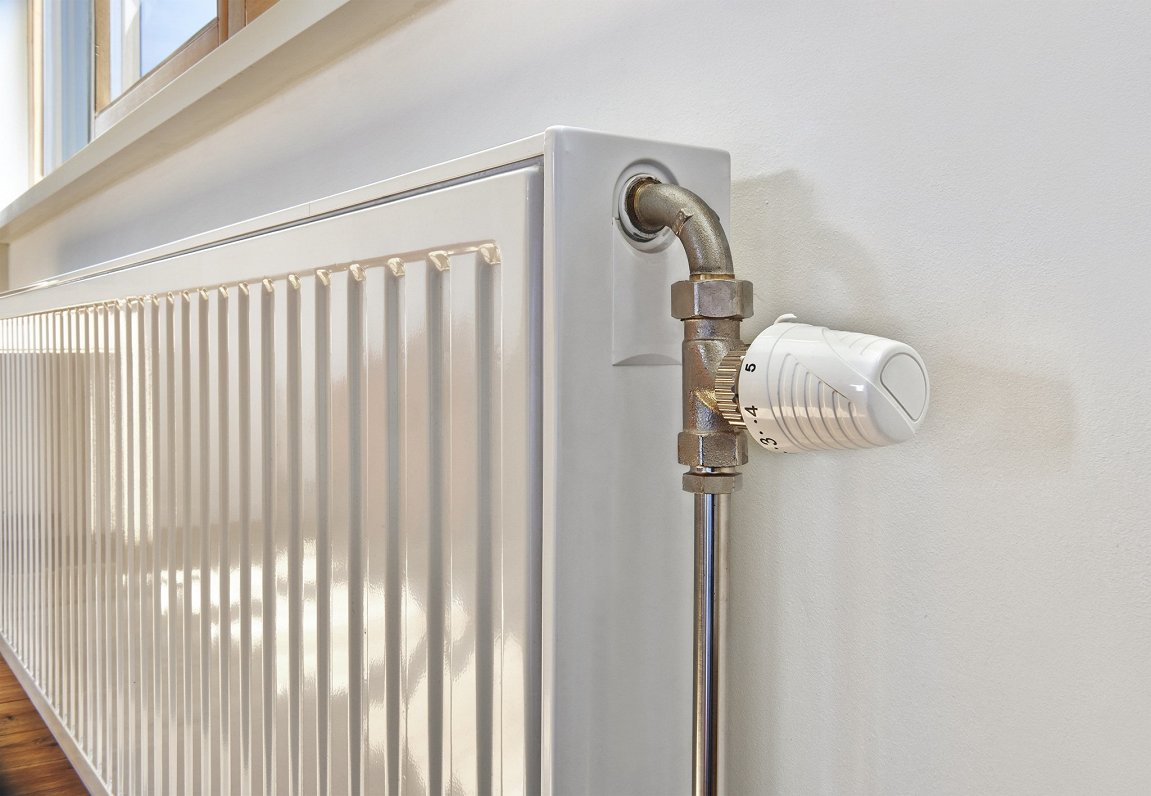The worst situation is currently in Daugavpils where an energy crisis of local importance had to be announced in anticipation of nearly threefold heat costs. In general, the situation in municipalities is "stable but severe" in the view of the municipal union.
By helping to cover housing costs, municipalities and the state can currently provide support to around 6% of households under the law. But municipalities estimate that the problem of heating costs was encountered by 20% last year, and in the future, paying the bills could be a problem for up to 40% of households.
“The main trouble is that it looks at the moment that heating resources of natural gas don't have a favorable forecast for the near future. We are concerned that if this heating season is spent [normally] then the signals for the next heating season are not good at the moment,” said Aino Salmiņš, LPS Economic Adviser.
According to the municipal union, the relatively higher rates are currently in Riga and in many places in the vicinity, as well as in Cēsis, Smiltene, Grobiņa, Kandava. The winners are, at least for the time being, those who heat with woodchips, wood and granules and those who have longer-term contracts with gas suppliers. In Dobele, heating tariffs are not rising this year.
However, it was also acknowledged in Dobele that the rise in electricity prices would affect everyone. “This would be a national issue in which way a solution could be sought to offset this increase in electricity prices in some way to the population,” said Ivars Gorskis, Chairman of the municipality of Dobele.
The Local Government Union considers that this time it should also help those whose income is too high to qualify for a benefit. Support will be needed not only for residents of multi-apartment buildings but also for those living in private homes.
Local governments are also worried about the decline in economic life, which will happen if nearly all the income of the population goes into heating and electricity.
“The thing that affects people most, that when we pay [this much] for both heating and electricity, we do not contribute to internal consumption. And if we don't, the internal consumption is in danger of general stagnation, with such a deep, severe economic crisis, not just energy crisis anymore,” said Salmiņš.
The Ministry of Economics also said that the increase in electricity and gas prices would have a negative impact on the solvency of the population, and it would be necessary to decide on changes in the regulation of aid provided by the State and local authorities
. “It is clear that the situation in which residents [..] have difficulties in paying for the service they have received suggests, in principle, that there is a social problem. And in this context, the government also backed the Welfare Ministry's initiative on the housing benefit expansion. And [..] this expansion is likely to be too small, and we may need to look at it more broadly,” said Edijs Šaicāns, Deputy State Secretary at the Ministry of Economics.



























